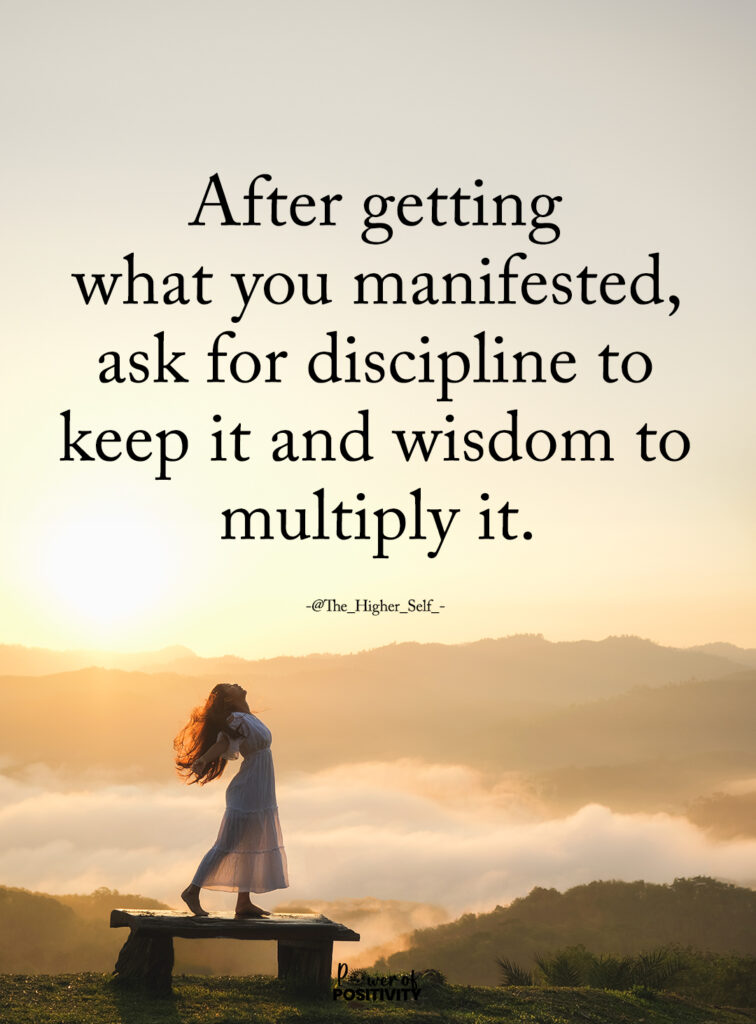When did choosing joy start feeling like doing something wrong? Most of us wake up and go straight into work mode, putting everyone and everything else first. And when we finally pause to enjoy something — a quiet cup of coffee, a slow walk, or even a moment of laughter — guilt sneaks in. It’s like we’ve been taught that unless we’re being “useful,” we don’t deserve to feel good.
But Living Well isn’t about constant effort or checking endless boxes. It’s about letting small moments matter. You don’t need a special reason to enjoy your life. You don’t have to wait until everything’s done or perfect.
Joy isn’t extra. It’s part of what keeps you grounded, even when life feels heavy. So ask yourself this: what would your day look like if joy wasn’t something you had to earn — but something you were allowed to feel, right now?
What Makes Guilt Show Up When You Feel Joyful?
Have you ever caught yourself enjoying something, then suddenly felt like you didn’t deserve it? That’s guilt — and it shows up fast, even in the middle of good moments.
A lot of this starts early. Maybe you were told that fun comes after the work is done. Or that rest is something you earn, not something you need. Over time, that message sticks. It teaches you to connect joy with permission — and permission with performance.
For people who’ve always had to carry a lot — whether at home, in relationships, or in tough jobs — joy can start to feel like slacking off. High-responsibility people are especially used to measuring their worth by how much they do for others. So when they do something just for themselves? The guilt kicks in.
But here’s the truth: feeling good shouldn’t require an excuse. Living well includes joy that isn’t tied to productivity, sacrifice, or proving yourself — just the simple fact that you’re human.
Joy Doesn’t Need to Be Justified — Here’s Why
Why do we feel like we need a reason to feel good? Somewhere along the way, joy got tied to achievement — like you have to check off a list before you’re allowed to laugh, rest, or simply enjoy your day. But that idea keeps too many people stuck in “earn-it-first” mode.
Living well doesn’t mean you’re always getting things done. It also means knowing when to pause, when to enjoy, and when to stop making excuses for needing a break.
You don’t have to explain why you’re taking a walk just to clear your head. Or why you’re buying flowers for yourself. Or why you spent your Saturday doing absolutely nothing.
Joy doesn’t have to prove anything. You’re allowed to feel it, even on the days when the dishes aren’t done, the emails are unread, or your to-do list is untouched.
Being alive is reason enough.
The Hidden Cost of Always Putting Joy Last
What happens when joy is always pushed to the bottom of the list? At first, it might just feel like you’re being responsible — putting work, family, or chores first. But over time, it takes a toll.
When you’re always giving, doing, fixing, or helping, it can wear you down in ways that don’t show up right away. You feel tired, but not just the kind sleep fixes. You lose touch with what makes you you. Life becomes more about duty than meaning.
This kind of over-functioning leads to burnout — not just at work, but in relationships and even with yourself. And when you ignore your own needs too long, it’s not just joy that fades — it’s your sense of self.
Joy isn’t selfish. It’s what keeps you going. It fills the parts of you that routine can’t. If you always wait for the perfect time to enjoy your life, you might never get to.
How to Start Prioritizing Joy Without Feeling Selfish
You don’t need to overhaul your life to feel more joy. It often starts with small choices — quiet moments where you say yes to what lifts you and no to what drains you. The truth is, joy doesn’t have to come after the work is done. You don’t need to explain it or earn it. It can show up in regular life, in simple ways.
Here are everyday ways to welcome joy in without guilt, pressure, or apology — even if you’ve been taught to put it last.
1. Give Yourself Permission First
Joy needs space, and the first step is giving yourself permission to feel it. Not later — now. Say it out loud: “I’m allowed to enjoy this.” That one sentence can shift everything.
You don’t have to wait for things to be perfect. You don’t need someone else to say it’s okay. Joy doesn’t need a green light from the world — just one from you. Even if others don’t get it, that’s okay. What matters is that you do.
It starts with a quiet yes to what makes you feel alive, even if it’s just for a minute.
2. Don’t Apologize for What Makes You Happy
You’re allowed to enjoy things without explaining them. If something makes you smile, feel calm, or laugh out loud — that’s enough.
Joy isn’t meant to be defended. But many people feel the need to shrink it down, hide it, or say, “I know it’s silly, but…”
Stop doing that. If it means something to you, it matters. Whether it’s a hobby, a show you love, or the way you decorate your space — let it be yours, without guilt. You don’t have to edit your joy to make it acceptable to someone else.
3. Make Room for Joy in Ordinary Moments
Joy doesn’t need to be planned or saved for weekends. It can live inside your normal days.
Maybe it’s lighting a candle while you cook. Playing your favorite song while you clean. Stepping outside for just a few deep breaths.
These small moments add up. They soften the edges of long days. You don’t need hours of free time to feel something good — you just need to notice the good that’s already there.
Joy isn’t always loud. Often, it’s quiet, steady, and right in front of you.
4. Say No Without Explaining Everything

You don’t need a long excuse to protect your peace. If something drains you or doesn’t feel right, you can simply say no. That’s enough.
A lot of guilt comes from feeling like we need to defend our time. But saying no to something that isn’t right is actually saying yes to something that is — your rest, your joy, your well-being.
You don’t owe anyone a detailed reason for choosing yourself.
The more you practice short, clear no’s, the easier it gets. It’s a small habit with a big effect.
5. Let Go of the “I’ll Be Happy When…” Trap
Waiting for everything to fall into place before you feel good is a trap. You deserve to feel happy now.
You don’t have to hit a goal, fix every problem, or finish every task to allow a moment of peace or pleasure. Joy doesn’t come after life gets easier — it often helps carry you through the hard parts.
When you stop saying, “I’ll be happy when…” you make room for happiness today. Even if life is messy. Even if things aren’t perfect. You don’t have to wait.
6. Surround Yourself with Guilt-Free People
Who you spend time with shapes how safe your joy feels. Some people celebrate your happiness. Others make you feel like you need to tone it down.
Start noticing who leaves you feeling heavier — and who makes you feel free to be yourself. Spend more time with people who let you laugh out loud, share your wins, and enjoy life without guilt.
Joy grows in good company. Protect that. You don’t need anyone around who makes you feel bad for feeling good.
7. Redefine Success Through Joy, Not Sacrifice
We’re taught that success means hustle, pressure, and pushing through. But what if success also meant feeling good while doing what matters?
Joy isn’t the opposite of hard work — it’s what makes hard work worth it.
Ask yourself at the end of the day: “Did I feel anything good today?” If the answer is no, it’s time to shift something.
Living well doesn’t mean burning out. It means making room for joy, even in small ways, and seeing that as part of what it means to succeed.
Final Thoughts on Choosing Joy Without Guilt
Joy doesn’t need to be earned, explained, or hidden. It’s not a reward for getting everything right — it’s part of what makes life feel full and worth showing up for.
You don’t need a perfect day, a clean house, or a long break to welcome it in. Sometimes, all it takes is a quiet yes to something small that lifts your spirit.
Living well isn’t about doing more — it’s about feeling more of what matters. And joy is part of that. It’s not selfish and not extra. It’s a sign that you’re still connected to what makes you you.
When you stop apologizing for your happiness, something shifts. You show others it’s okay to do the same. You create space — not just for yourself, but for everyone around you — to feel light, human, and whole again. And that changes everything.














